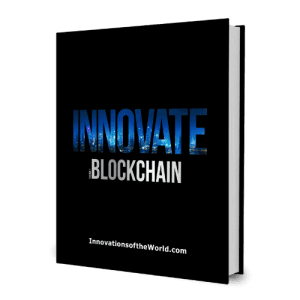Information, our personal and especially our financial information, is an asset class and if we choose to, we should be able to monetize it.
Together with my FutureVault colleagues, we’re pioneering the advent of digital Personal Life Management. Within five years, everyone will have a Personal Life Management digital vault; storing and managing their personal, legal, and financial documentation on a day-to-day basis. Our vision is that the documents that form part of these digital vaults will be stored on the blockchain as well as on certain cloud storage platforms. Documents of permanence belong on the blockchain for authenticity and longevity purposes. Our modern platform is leading edge and abundantly rich in functionality such as our patented “permissioning” capability which allows vault owners to “permission-in” Trusted Advisors
(accountants, life insurance agents, doctors, etc.) to optimize their value to the vault owner. In due course, it will become clear that this new mode of interaction represents a massive paradigm shift in the way in which the world will do business.
The plans are to buttress FutureVault’s powerful B2B2C white label offering with a B2C offering initially focused on Gen Zs and Millennials, enabling them to do something that’s never been done before: monetize their personal information.
Remember, with Facebook, we, the users, are the product. And yet, we, the users, do not share in the revenue Facebook generates from advertising sales related to ads displayed to us or to our Friends. To be fair, Facebook users receive a value proposition: in exchange for being able to chronicle one’s life via photos and videos of friends, family, and life events, users are giving Facebook the “permission” and “consent” to deliver them targeted adverts. Fair enough, that’s a win-win value proposition. But what if this value proposition could be enhanced even further?
“Freemium” will soon not be enough to win over the consumer. I contend that some portion of an advertiser’s customer acquisition cost will be transferred (shared) by the medium (Facebook, FutureVault’s B2C Personal Life Management offering) with the consumer. It will impact almost all
consumer goods industries. In the case of FutureVault’s B2C Personal Life Management digital vaults, I believe that “free” for consumers falls short. FutureVault plans to go beyond “Freemium” by pioneering a world in which Personal Life Management digital vault users will be paid to open a vault (in crypto tokens) and earn more tokens every time they deposit a document, continuing to earn more tokens if they elect to share key information about their financial services products (examples: car insurance, life insurance) with the platform and ultimately with product and service providers.
Our strategy marries four themes: a loyalty program, advanced programmatic advertising, a marketplace, and tokenization. In addition to saving consumers time and money, Personal Life Management digital vaults will be utilized and thought of as far more than simply an efficiency tool: they will be globally ubiquitous and be the cornerstone of the future paradigm shift that will change the way the world’s consumers engage with businesses everywhere.












